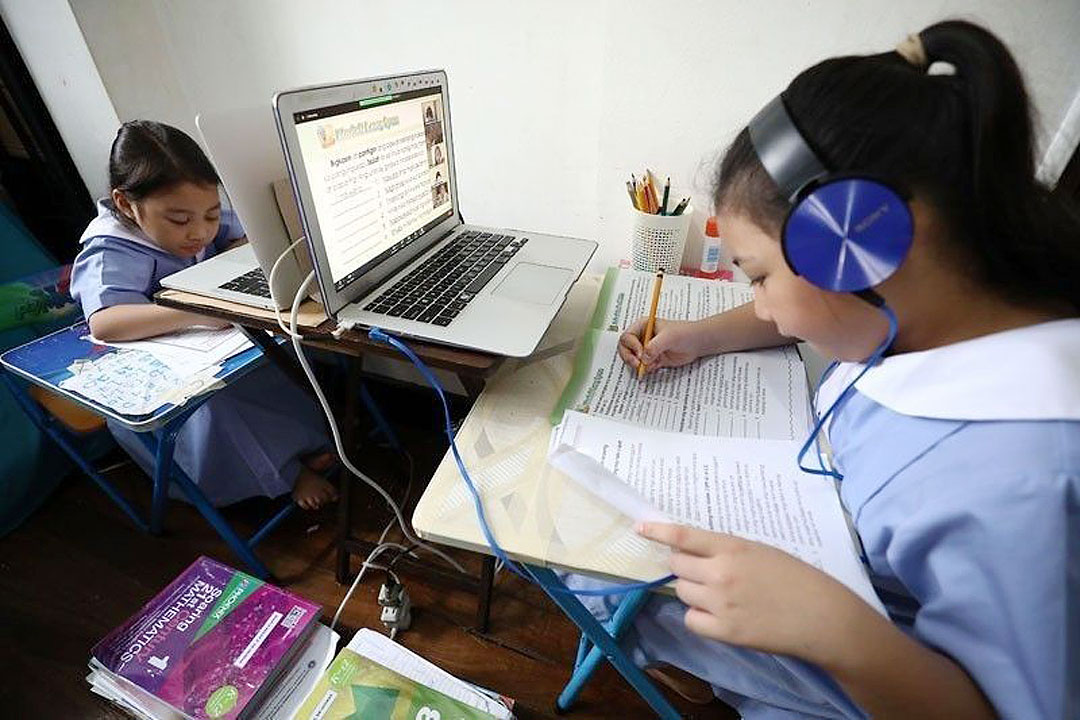Fix for education setbacks during pandemic expected to cost P25B each year

SETBACKS to the education system will require remedies which are expected to cost P25 billion a year, just to bring future graduates to a job-ready skill level, an Education department official said.
“It would take at least P25 billion per year. We have to spend more. We’re very far away from the intended spending needed for our students,” Department of Education Undersecretary and Chief of Staff Epimaco V. Densing III said at the BusinessWorld Economic Forum in Taguig City on Tuesday.
 He said the 2023 education budget of P710.6 billion implies spending of P25,000 or $400 per student, well below the spending of about $2,000 to $3,000 per capita spending in comparable countries.
He said the 2023 education budget of P710.6 billion implies spending of P25,000 or $400 per student, well below the spending of about $2,000 to $3,000 per capita spending in comparable countries.
According to Mr. Densing, the Philippines has three to five years to reverse the declining trend in education, which was worsened by the long school closures during the pandemic, coupled with a lack of access to technology.
The World Bank tagged the Philippines as among the worst in the region in learning poverty, with nine of 10 Filipinos unable to read and understand short, age-appropriate texts by age 10.
A 2020 study by the Philippine Institute for Development Studies also found that just a little over 20% of K-12 senior high school graduates were adequately equipped to enter the workforce.
Mr. Densing recommended that the private sector help the government develop a curriculum suited to industry demands.
Cris T. Ngo, learning design manager at Phinma Education, sees a “large underserved market that wants to study,” from children in remote areas lacking learning resources to working students or employees with little time to take classes.
“Who do we traditionally exclude from our learning systems? Maybe we weren’t asking that question as much before the pandemic but now we saw that if we want to be inclusive in education, we have to meet where our learners are,” Ms. Ngo said.
Students, regardless of level, should be trained to study independently, said Maria Cynthia B. Bautista, vice-president for academic affairs at the University of the Philippines.
“Industry must recognize competence and forget the diploma. We also have to enhance technical education,” she said.
While these points are already part of both public and private institutions’ plans to improve the Philippine education system, they have not been executed fully, she said.
“We are not an implementing culture. We are a planning culture. We plan all sorts of things but when we translate what we plan we don’t really follow through,” she added.
According to Ina Jacinto-Gervasio, entrepreneur-in-residence for KodeGo and EdVenture of Globe Telecom, Inc., the current learning gap is due to a lack of access to technology, which the private sector can help improve.
“We’re trying to step in as much as we can … to provide internet and hardware to students, but it’s not nearly enough,” she said.
KodeGo, an online tech bootcamp, and EdVenture, an online tutorial platform, are both arms of 917Ventures, Globe’s venture incubator.
“We have a term in startups called bias toward action. Maybe that’s the same thing we need in education,” said Ms. Jacinto-Gervasio. — Brontë H. Lacsamana



